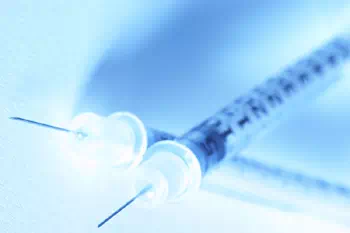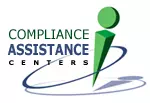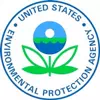
Dental Offices Solid Wastes - Regulated Medical Waste
Overview
Regulated medical waste (RMW), also known as "biohazardous" or "infectious" waste, is the portion of the waste stream that may pose a significant risk of transmitting infection.
RMW is unique to the healthcare sector and presents a number of compliance challenges. Unlike many regulations that apply to healthcare, most regulations governing medical waste are defined at a state, rather than a federal level. Adding yet a further level of complexity, authority for medical waste rules often comes from multiple agencies at the state level, including departments of health, environmental protection agencies and occupational safety agencies.
For a more complete discussion of RMW, see HERC's Regulated Medical Waste Section.
RMW Management
No matter what type of dental practice you have, you will generate some amount of regulated medical wastes. You must contract with a license hauler of RMW to pick up this waste on a regular basis and follow procedures for complying with RMW regulations. Most states have requirements for handling, labeling, time of storage, weight, recordkeeping, and container management.
The following are the most common regulated medical wastes generated by dental offices. Please note that state regulations vary widely, so check with your state agencies on exactly how these materials should be managed and disposed of in your area.
-
Swabs or dressings saturated with blood. These items should be placed into a "red bag" stored inside a rigid container and disposed of according to state RMW regulations (e.g., steam autoclave or managed through a registered RMW waste hauler). If waste materials contain only a small amount of blood that will not drip out of the material, they can be placed in the garbage.
-
Body fluids and liquid blood. These fluids can be disposed of into the sanitary sewer system.
-
Extracted teeth are considered by many states to be a pathological waste and therefore RMW (e.g., North Dakota), although in some states they are specifically exempt from the definition of RMW (e.g., Pennsylvania). Extracted teeth should be placed in a red bag or sharps container unless they contain amalgam. Most red bag and sharps wastes are usually destroyed by incineration, which would release the dental mercury to the atmosphere. Many metal recycling companies will accept extracted teeth with amalgam. Contact a recycler and ask about their policies and any specific handling instructions they may have. As an alternative to disposal, most states allow dentists to return extracted teeth to patients upon request.
-
Used sharps, including needles, scalpels, and other sharp objects that can puncture the skin. This type of waste should be placed in a rigid puncture-resistant labeled container, designed to prevent the loss of the contents and labeled with a visible biohazard emblem or with the visible words "biohazard," "sharps," or "infectious waste." Disposal should be through a licensed RMW transporter or mailed to a shapes disposal company.
Dental offices may also generate some wastes which are simultaneously infectious and hazardous, which are referred to as "duel wastes." For example, in some states, extracted teeth containing dental amalgam are considered a duel waste. Such wastes must be disposed of via a duel waste broker.
More Resources
Use HERC's RMW State Locator to better understand the rules in your state and to locate points of contact for answering your questions. A licensed transporter may be able to assist you in determining what you need to do to be in compliance with state regulations.



